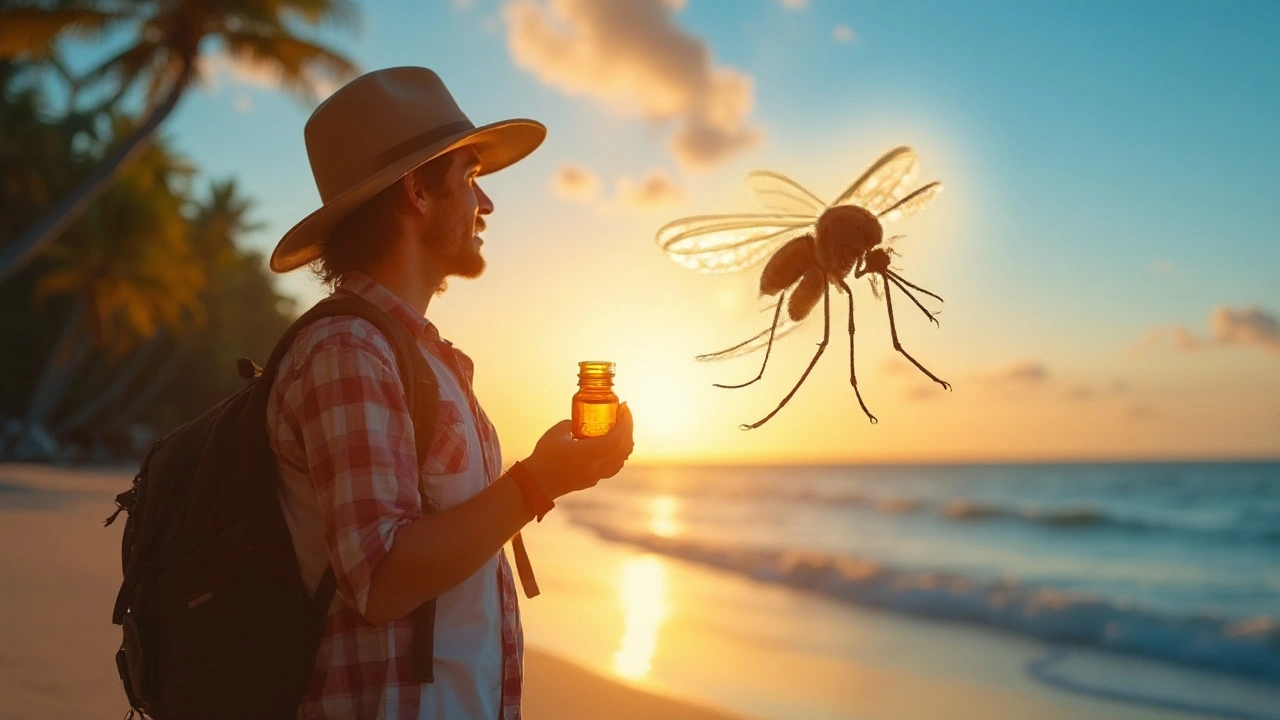Mefloquine: What You Need to Know Before You Travel
If you’re heading to a region where malaria is common, you’ve probably heard of mefloquine. It’s one of the older antimalarial pills and many travelers rely on it because it only needs to be taken once a week. Below we break down the basics – what it does, how to use it safely, what side effects to watch for, and how to buy it without getting scammed.
How Mefloquine Works and When to Use It
Mefloquine kills the malaria parasite before it can cause symptoms. Doctors usually prescribe it for trips to parts of Africa, Asia, and South America where the parasite is resistant to other drugs. The standard schedule is to start the medication 1‑2 weeks before you arrive, keep taking it every 7 days while you’re there, and continue for 4 weeks after you leave. This timing helps keep drug levels steady in your blood.
If you have a history of seizures, severe anxiety, or serious heart problems, you should avoid mefloquine. Those conditions increase the risk of rare but serious reactions. Always tell your doctor about any health issues before you start the pill.
Side Effects – The Good, the Bad, and the Manageable
Most people feel fine on mefloquine, but you might notice some common side effects like nausea, headache, or dizziness. These usually fade after a few doses. A smaller group experiences vivid dreams, trouble sleeping, or mood changes. If these symptoms are mild, talk to your doctor about adjusting the dose or using a short‑term sleep aid.
Very rare side effects include severe anxiety, depression, or neurological problems. If you feel unusually upset, have panic attacks, or notice tingling in your hands or feet, stop the drug and seek medical help right away. Early detection makes a big difference.
To keep side effects low, take the pill with food and a full glass of water. Avoid alcohol while you’re on the medication, as it can worsen dizziness and nausea.
Travel Tips and Practical Advice
Pack enough tablets to finish the full course, even if your trip is cut short. Missing a dose can lower protection and raise the chance of infection. If you forget a dose, take it as soon as you remember, unless it’s almost time for the next one – then skip the missed one and continue on schedule.
Bring a copy of your prescription and a note from your doctor, especially if you travel internationally. Some countries check medication labels at customs, and having paperwork helps avoid delays.
Buying Mefloquine Online – Stay Safe
Buying prescription meds online can be tempting, but not all sites are legit. Look for pharmacies that require a prescription, display a physical address, and have a verified pharmacist on staff. Check reviews from real customers and make sure the site uses secure https connections.
Beware of prices that seem too low – they often signal counterfeit drugs. Authentic mefloquine tablets are usually white, round, and marked with a manufacturer’s imprint. If the pills look different, don’t use them.
When you order, use a shipping method that provides tracking. This way you can see when the package arrives and confirm the product’s condition. Keep the receipt and any labelling in case you need to return the medication.
Finally, never share your prescription with anyone else. Even if a friend asks for a few tablets, it’s illegal and puts both of you at risk.
With the right info, mefloquine can be a safe and convenient way to protect yourself from malaria. Follow the dosing schedule, watch for side effects, and only buy from reputable online pharmacies. Stay healthy, and enjoy your travels!

Lariam Explained: Uses, Dosage, Side Effects & Safety Tips
Learn what Lariam is, how it prevents malaria, proper dosing, common side effects, and safety advice for travelers in a clear, practical guide.
